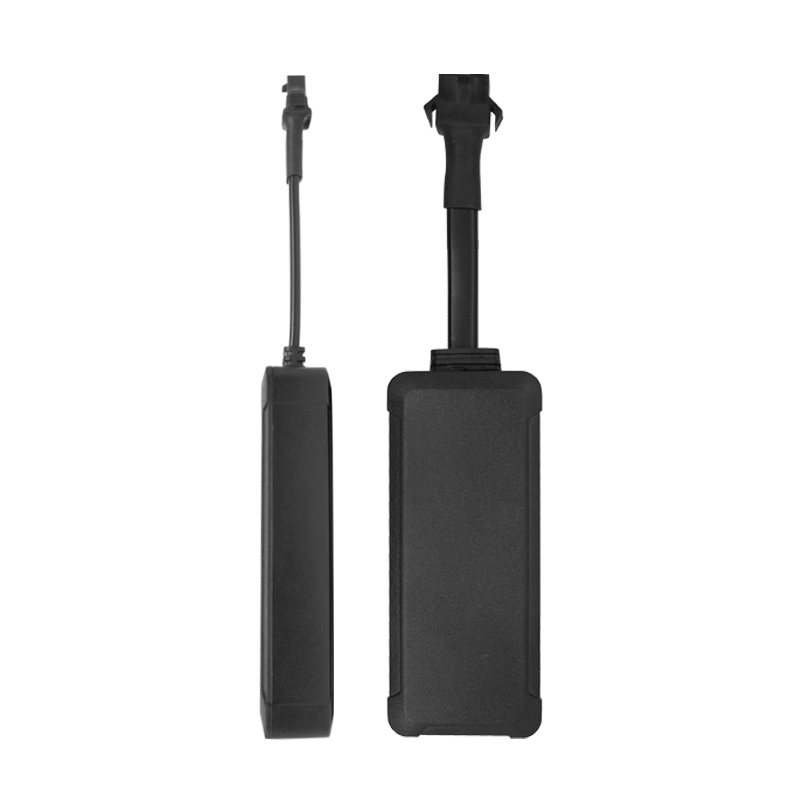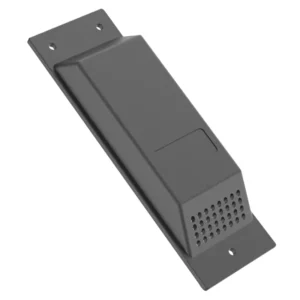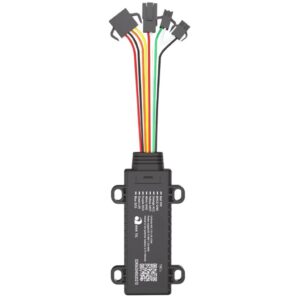Key Factors to Consider When Choosing a GPS Car Tracker
In the modern automotive landscape, GPS car trackers have emerged as essential tools, providing vehicle owners and fleet managers with a host of benefits. As we look ahead to 2025 and beyond, the market for these devices is set to expand even further, with continuous advancements in technology. When it’s time to select a GPS car tracker, several crucial factors demand careful consideration to ensure you make the right choice.
1. Tracking Accuracy
One of the most fundamental aspects is tracking accuracy. In a world where every meter matters, especially in densely populated urban areas or when dealing with high-value assets, you need a tracker that can precisely pinpoint the location of your vehicle. High-quality GPS car trackers use advanced satellite technology and often incorporate additional positioning systems like GLONASS or Galileo to enhance accuracy. For instance, in busy metropolises like São Paulo or Rio de Janeiro, where traffic congestion is a daily occurrence, accurate tracking allows for real-time route optimization. If you’re trying to locate a stolen vehicle, even a slight error in location data could mean the difference between a successful recovery and losing it forever. Look for trackers that advertise sub-meter accuracy, as they are more likely to provide reliable and up-to-date position information.
2. Real-Time Tracking Capability
The ability to track your vehicle in real-time is non-negotiable. In 2025, with the increasing pace of life and the need for immediate information, you should be able to access the current location of your car at any moment. This feature is invaluable for personal vehicle owners who want to keep an eye on their prized possessions, as well as for businesses managing fleets. For delivery companies, knowing exactly where each van is in real-time enables them to respond quickly to customer inquiries, reroute vehicles in case of traffic jams, and ensure timely deliveries. A good GPS car tracker will offer a seamless live tracking experience, with minimal latency between the actual vehicle position and what you see on your monitoring device, whether it’s a smartphone app or a web-based dashboard.
3. Anti-Theft Features
Vehicle theft remains a significant concern in many regions, and Brazil is no exception. A robust set of anti-theft features can be a game-changer. Look for trackers that come with built-in motion sensors. These sensors can detect any unauthorized movement of the vehicle and trigger an instant alert, which is sent directly to your phone or security monitoring center. Some advanced trackers also have an engine immobilizer function. In the event of a theft, you can remotely disable the engine, bringing the vehicle to a halt and preventing thieves from making a getaway. Additionally, geofencing capabilities add an extra layer of security. You can define virtual boundaries on the map, and if the vehicle crosses these zones, you’ll receive an immediate notification. This is particularly useful for preventing unauthorized use of company vehicles outside of working hours or for safeguarding personal cars when parked in unfamiliar areas.
4. Battery Life
Battery life is a critical factor, especially considering the diverse usage scenarios in 2025. For personal vehicles that may sit idle for days or be used for occasional long trips, you need a tracker with a long-lasting battery. Similarly, in commercial fleets where vehicles are on the road constantly, minimizing the need for frequent battery replacements or recharges is essential. Look for energy-efficient designs that can operate for extended periods without draining the vehicle’s main battery. Some trackers offer standby times of several weeks or even months, depending on the usage patterns. Additionally, features like smart power management, which adjust the tracker’s power consumption based on its activity level, can further extend battery life.
5. Compatibility and Ease of Installation
In 2025, the automotive industry will continue to evolve, with a wide range of vehicle makes and models on the road. A GPS car tracker must be compatible with your vehicle’s electrical system and existing infrastructure. It should be easy to install, whether you’re a DIY enthusiast or relying on a professional installer. Plug-and-play options are highly desirable, as they minimize installation time and complexity. The tracker should also be compatible with various mobile networks, ensuring reliable communication regardless of your location. In Brazil, with its vast and sometimes remote areas, having a tracker that can work seamlessly with different network providers is crucial to maintaining uninterrupted tracking.
6. Data Security and Privacy
With the increasing amount of data being collected by GPS trackers, data security and privacy have become paramount. You need to be confident that the information about your vehicle’s location and movements is protected. Look for trackers that use encrypted communication channels to transmit data. This ensures that even if someone tries to intercept the signals, they won’t be able to access the sensitive information. Additionally, the company behind the tracker should have clear privacy policies in place, stating how your data will be used, stored, and shared. In an age where cyber threats are prevalent, safeguarding your personal and business data is essential.
7. User-Friendly Interface and Mobile App
The convenience of accessing and controlling your GPS car tracker is crucial. In 2025, most users will rely on mobile apps to interact with their trackers. The app should have an intuitive user interface, allowing you to easily view the vehicle’s location, receive alerts, and configure settings. It should be available for both iOS and Android platforms, catering to the widest possible user base. For fleet managers, additional features like generating reports on vehicle usage, fuel consumption, and driver behavior should be easily accessible through the app or a web-based portal. A user-friendly interface reduces the learning curve and ensures that you can make the most of the tracker’s capabilities without hassle.
8. Cost and Subscription Plans
Finally, cost is always a significant factor. In 2025, as the market becomes more competitive, there will be a wide range of GPS car trackers available at different price points. Consider not only the initial cost of the device but also the ongoing subscription fees. Some trackers may offer basic features at a lower upfront cost but have higher monthly or annual fees for advanced functionality. Others may bundle everything together in a more comprehensive package. Assess your needs and budget carefully. If you’re a small business owner with a limited fleet, you may opt for a more affordable option that still provides essential tracking and anti-theft features. On the other hand, larger enterprises with complex fleet management requirements may need to invest in a higher-end tracker with advanced analytics and integration capabilities.
In conclusion, choosing a GPS car tracker in 2025 requires a thorough evaluation of multiple factors. From tracking accuracy and real-time capabilities to anti-theft features, battery life, compatibility, data security, user-friendliness, and cost, each aspect plays a vital role in determining the effectiveness and suitability of the device. By carefully considering these factors and doing your research, you can select a GPS car tracker that meets your specific needs, whether you’re an individual looking to protect your personal vehicle or a business aiming to optimize your fleet management operations. As technology continues to advance, staying informed and making an educated choice will ensure that you stay one step ahead in safeguarding your vehicles and assets.
AUTOSEEKER is gps tracker manufacturer in china over 18 years . provides customers with solutions in various fields, including automotive finance, fleet management, asset management, smart logistics, smart electric motorcycles, electric two-wheelers, smart environmental sanitation, and smart campuses.
Up to now, our gps tracker business covers more than 175 countries and regions in Asia-Pacific, America, Europe, the Middle East, and Africa, and has exported more than 10 million sets of equipment.
All of our gps tracker products have passed the CE, FCC, Emark, GSMA, ROHS, ISO9001, CCC, and other certifications, and obtained a number of national patents.
We have successfully served more than 5,400 cases worldwide and more than 60 Fortune 500 companies in the world and China. And we are the strategic partner of China Mobile and Alibaba.




